
Conference Resources
7 Highlights from Germany’s Investigative Journalism Conference
Reporters debate the legal risks of investigative reporting, covering the conflict in Gaza, open source verification techniques, and investigating global warming.

Reporters debate the legal risks of investigative reporting, covering the conflict in Gaza, open source verification techniques, and investigating global warming.
A new generation of intrepid news organizations is rising across Europe – one that is strongly committed to serving its audience and democracy alike through public interest journalism. A new report by Netzwerk Recherche outlines this emerging innovative media scene and takes a closer look at how this New Sector reclaims journalistic terrain that traditional media has abandoned.
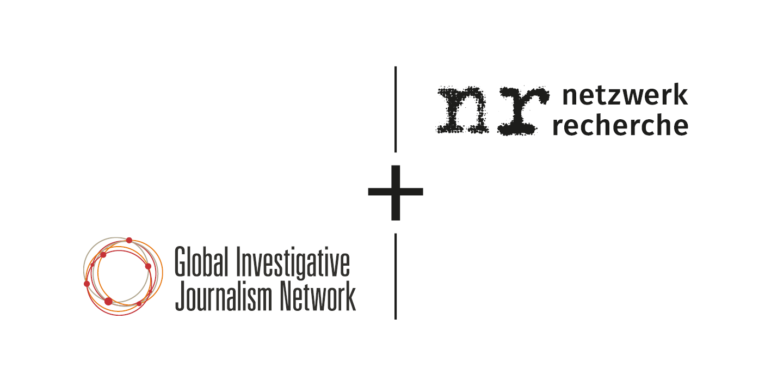
The Global Investigative Journalism Network and Netzwerk Recherche, Germany’s association of investigative journalists, are pleased to announce the launch of GIJN Deutsch, an editorial office and resource center for German-speaking journalists in Germany, Austria, and Switzerland.
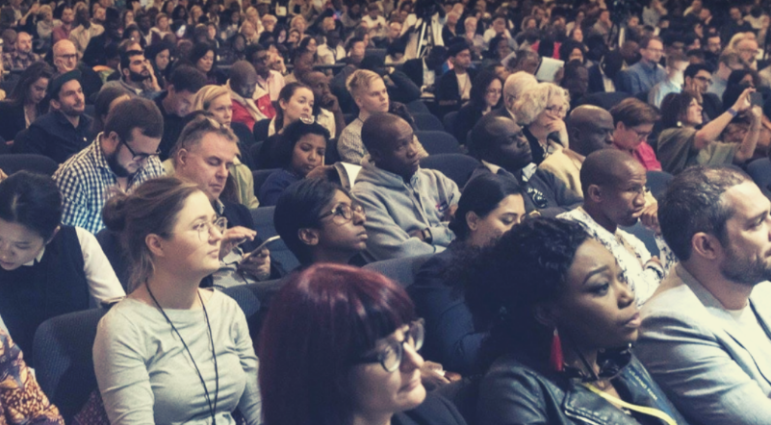
Can’t join us in Hamburg for the 11th Global Investigative Journalism Conference? There are still lots of ways you can follow along from home as more than 1,500 journalists from around the world gather to discuss their craft and share insights.
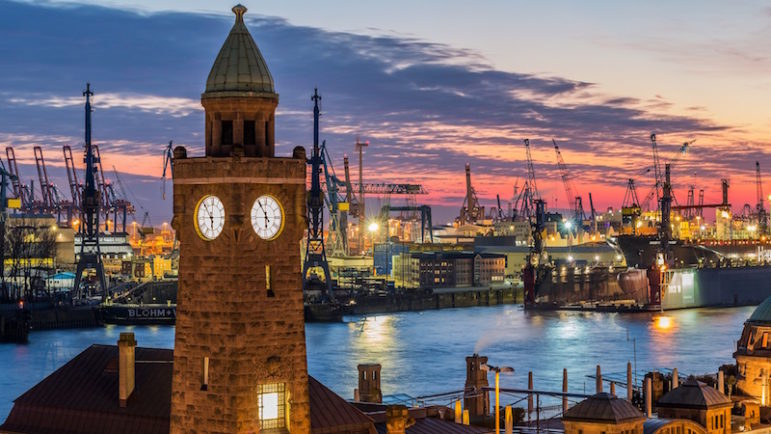
Joining us for the 11th Global Investigative Journalism Conference in Hamburg, Germany? Just remember the word “moin” — plus a few other tips on how to prepare for the conference (including for those who aren’t coming to Hamburg).
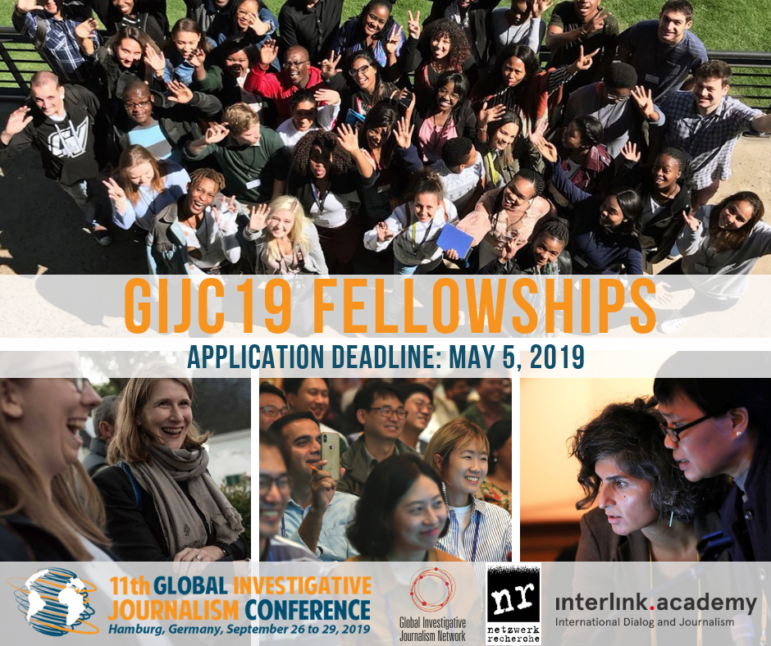
The Global Investigative Journalism Network, Netzwerk Recherche and Interlink Academy are delighted to be offering, with the help of our sponsors, more than 200 fellowships to attend the premier international gathering of investigative and data journalists this year. The 11th Global Investigative Journalism Conference will be held in Hamburg, Germany from September 26 to 29, and will feature over a hundred exciting panels, workshops, and networking sessions.

With over 136 sessions and 270 speakers and trainers, Germany’s annual Netzwerk Recherche conference covered everything from data journalism and computer-assisted reporting to debates about “fake news,” press freedom and the credibility crisis of media.
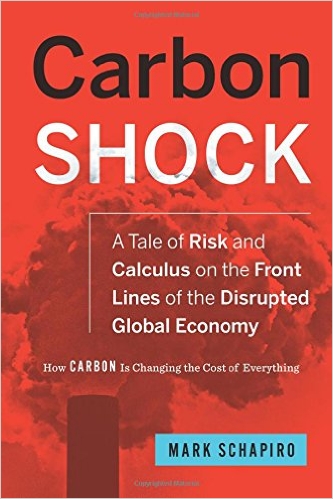
In this just-released video, investigative reporter Mark Schapiro goes in-depth on how to use investigative techniques in probing often complex environmental issues. Schapiro, a veteran of the original Center for Investigative Reporting, gave this talk in Hamburg at NR15, the July 2015 annual conference of Netzwerk Recherche, Germany’s investigative journalism association.

Nils Mulvad, co-founder and board member of GIJN, and Helena Bengtsson, editor for the Data Projects Team at the Guardian, share twelve tips on how to use data for stories. These were presented at the 2015 Netzwerk Recherche Conference in Hamburg.
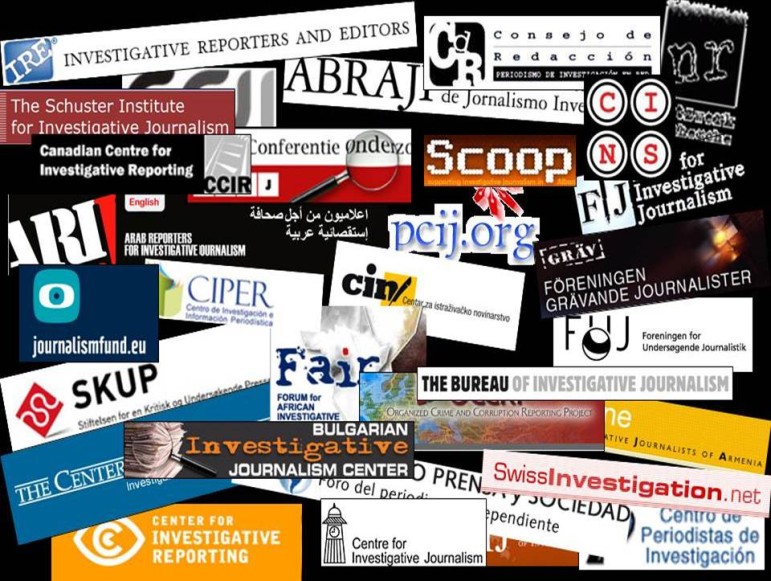
Krautreporter proved it: donation-financed journalism is possible. Not only in the United States, but also in Germany – and possibly everywhere. It started a campaign for its own online magazine for in-depth journalism with experienced writers. Within one month it raised around 1 million Euros (about US$1.1 million). But 19% of this money was gone the moment it was raised. Devoured by sales tax.